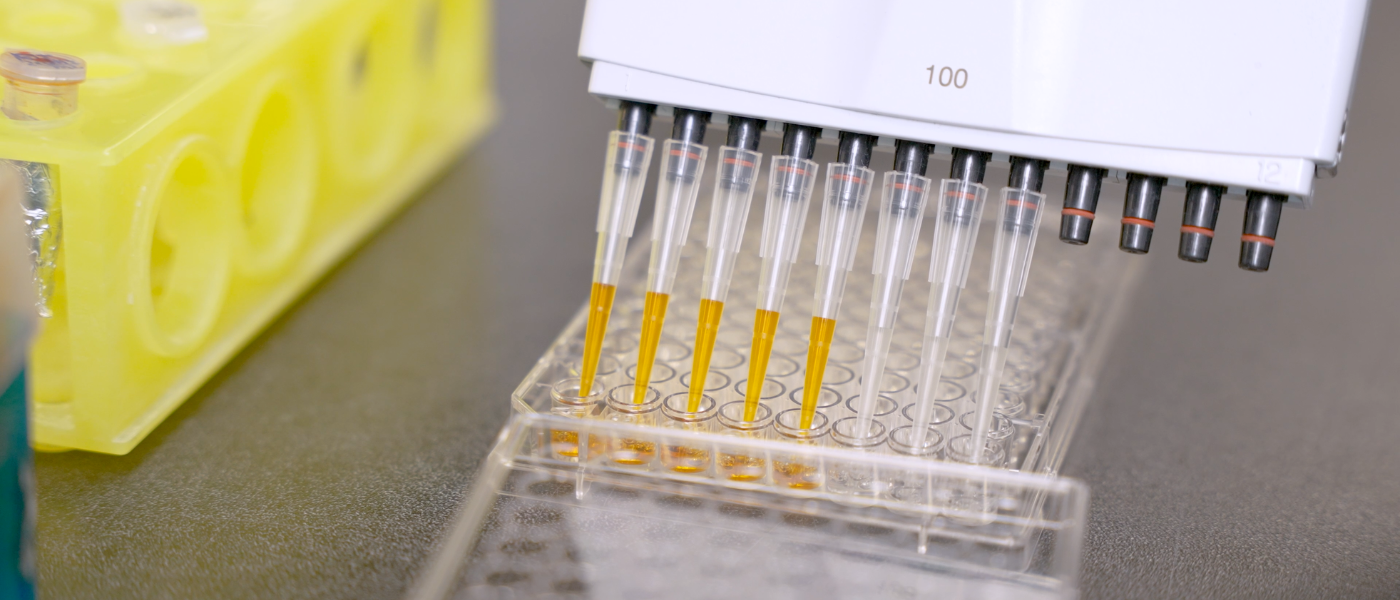Comparative Medicine
Learn about our advanced research facilities that support basic and translational projects.
Comparative Medicine supports the research activities of TaARI and McMaster faculty, postdoctoral fellows, residents, and students by fostering a comprehensive program of quality animal care. CM ensures humane care and use of all laboratory animals, provides technical information and training in conjunction with the Central Animal Facility and Office of Veterinary Services and Compliance at McMaster University (afm.mcmaster.ca)
Responsibilities and Services provided by CM include:
- Provision of a Canadian Council on Animal Care (CCAC) Good Animal Practice accredited facility
- Consultation and collaboration with research personnel to assist in research project planning and model development
- Training programs in conjunction with the McMaster Central Animal Facility
- Animal procurement
- Provision of daily animal husbandry
- Provision of animal health surveillance
- Provision of veterinary care and technical support
- Works collaboratively on research related to animal welfare and laboratory animal science with opportunity to improve operational practices, animal care and animal welfare and research design.
Dr. Tim Ryan
A graduate of the Ontario Veterinary College, University of Guelph, Dr. Ryan is a veterinarian with specific interest in animal use in research and teaching. Dr. Ryan helps support CM’s mission by overseeing facility operations and providing veterinary oversight which is focused on clinical care of research animals, technical procedure guidance, and compliance with provincial and federal regulatory standards. In addition to working closely with TaARI PIs, Dr. Ryan has assisted numerous graduate students in providing support for their various research projects and continues to offer a helping hand and perspective to all that work within the comparative medicine facility. While animal-based research is a challenging practice, Dr. Ryan believes that responsible animal use with welfare as a priority can allow for great opportunities to advance our knowledge and seek new applications for human health while ensuring the needs of research animals are accounted for and enhanced. Many treatments for human disease are also shared with or built upon for veterinary patients where many of the same types of diseases and medical problems also exist. As an example, Warfarin which was one of the first major anticoagulants of modern medicine, has roots in its discovery from cattle that were dying from hemorrhage of unknown reason. This was first identified by Canadian veterinarians as sweet clover disease. Today, many of the anticoagulants used in human medicine are also used in veterinary medicine.


